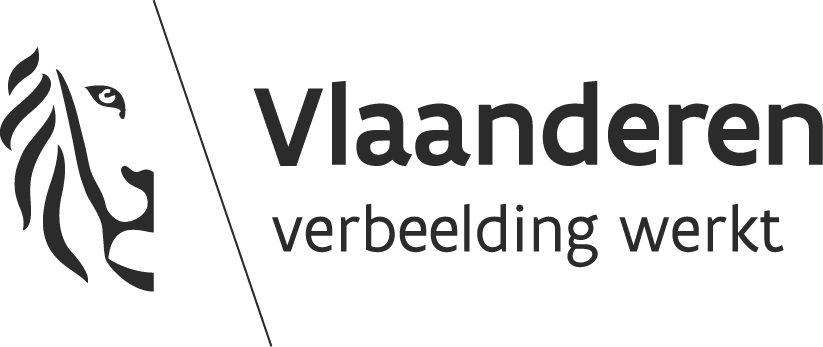
Vlaams Rampenfonds
Rampenfonds created a digital experience for the citizen and a better collaboration with external experts

Working with Skryv has been a pleasure. They helped us to clarify our thoughts and translated them into adequate automated workflows. The agile way of working guaranteed an application development close to our customer wishes and (sometimes changing) insights.
Programme Manager Digitalisation
The Vlaams Rampenfonds compensates individuals and companies who suffered from damages caused by an exceptional, general disaster (e.g. excessive rainfall). The disaster fund was created after the state reform of 2011 when the competence was delegated from the federal to the regional level.
The challenge
The team had to find a new way to treat the submitted compensation claims. They tried out multiple approaches but none seemed to fit the bill. Systems were aged, it took a long time to treat the claims and collaboration with multiple people was a challenge.
The two biggest motivators for the Vlaams Rampenfonds to move to a case management software were:
- To ease the collaboration between the different stakeholders (external experts, case managers, citizens, head of the department,…)
- To simplify and digitize the request process for citizens and companies that suffered damages
The solution: an end-to-end digital process that fits the ecosystem
Due to the introduction of new legislation, the organization had to start from scratch. It had no internal IT team at its disposal. Skryv started off with a business analysis track (Think & Try). At the end of the workshop series, the organization knew what the future would look like and what features the solution should have. The three most important features for the organization are:
A smart ePortal.
Citizens can now submit their request for compensation digitally via the ePortal. It guides the user through the forms and ensures a seamless experience. It is powered by smart forms, the collection of data from authentic sources and error recognition (e.g. when the national number is missing a digit). Before the introduction of the ePortal, different paper forms had to be completed based on the damage one had suffered. Today, a digital request is possible and the citizen is led to a customized form based on his context.
Digital processing of the claims.
Today there is one smooth digital flow, from the moment a citizen starts a request to the actual payment (or denial) of the compensation. This allows for a significant decrease in processing time of the claims. Firstly, all the information is brought together on the Skryv platform. The case manager has everything he needs within reach. Secondly, all calculations are done automatically, based on a limited number of inputs from the experts. Lastly, all communications to the citizen are generated automatically by the system.
Integration with the building blocks of the Flemish government.
The Flemish government provides different IT building blocks. Both the ePortal and case management platform needed to fit into this ecosystem. Today the Vlaams Rampenfonds fetches data from different authentic sources (parcel registry, KBO, …), uses the login system of the Flemish government and has an ePortal that reflects the Flemish corporate identity.
Advantages
This digital and automated way of working created various efficiency gains:
- Simplified administrative process. Requesting compensation is no longer an administrative hurdle. The citizen does not have to enter the same information over and over again. He gets a personal approach that fits his context. Once submitted, the request can be handled promptly.
- Improved collaboration with all stakeholders. The case managers, victims, heads of departments and external experts work together on one platform. Based on the allocated rights they have secured access to the appropriate data and dashboards.
- Quality improvement, both for the organization and the citizen. By following the only-once principle and automating repetitive tasks, typos and miscalculations can be avoided. This speeds up the process and prevents the case manager's frustrations about incomplete or incorrect dossiers or repeating the same acts over and over again.



